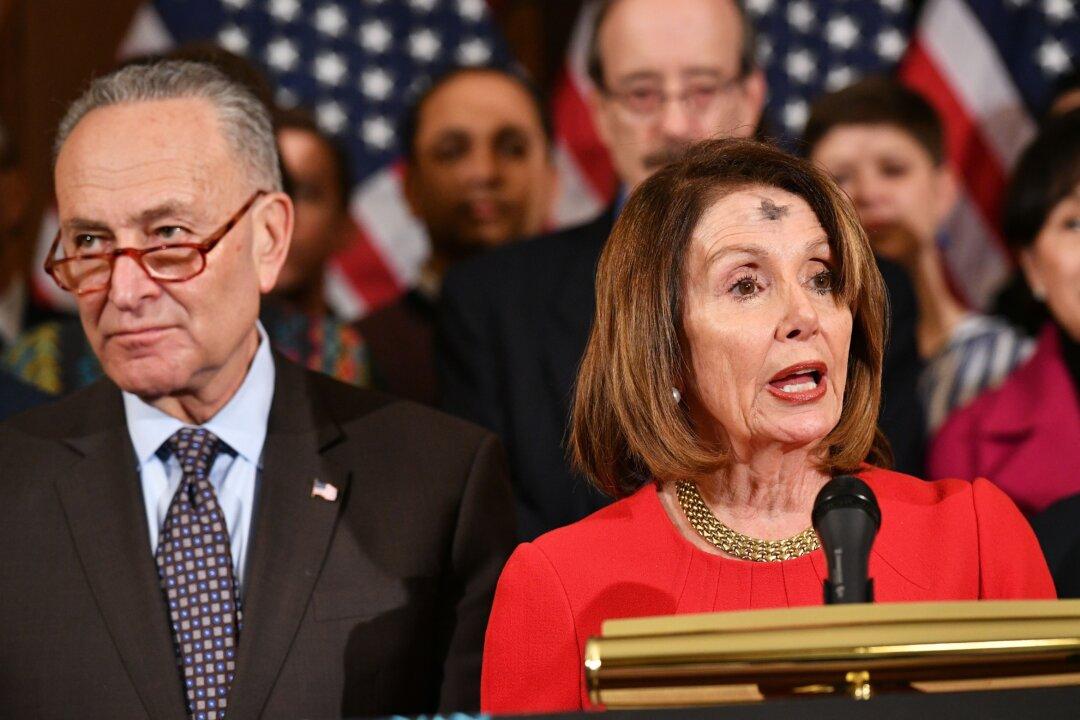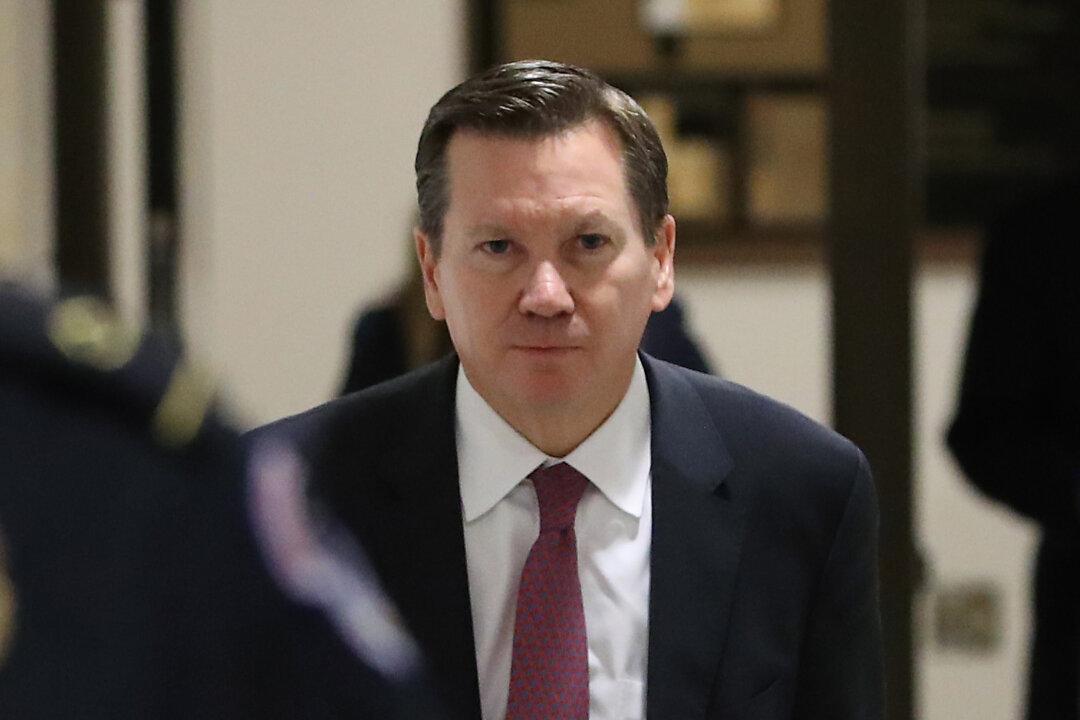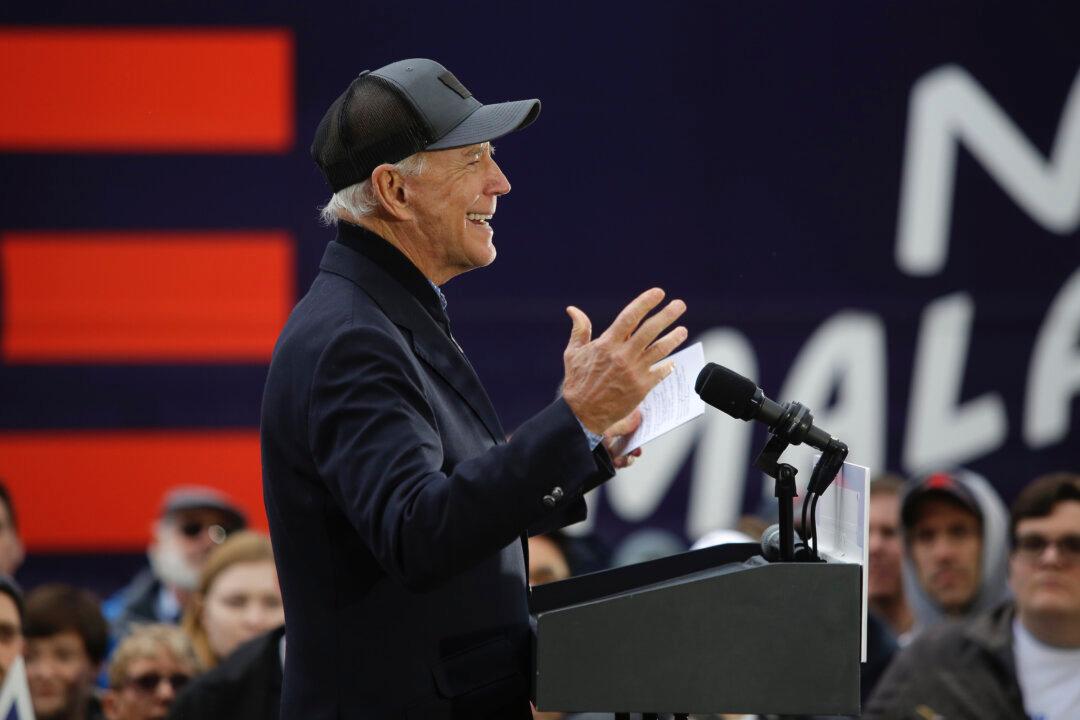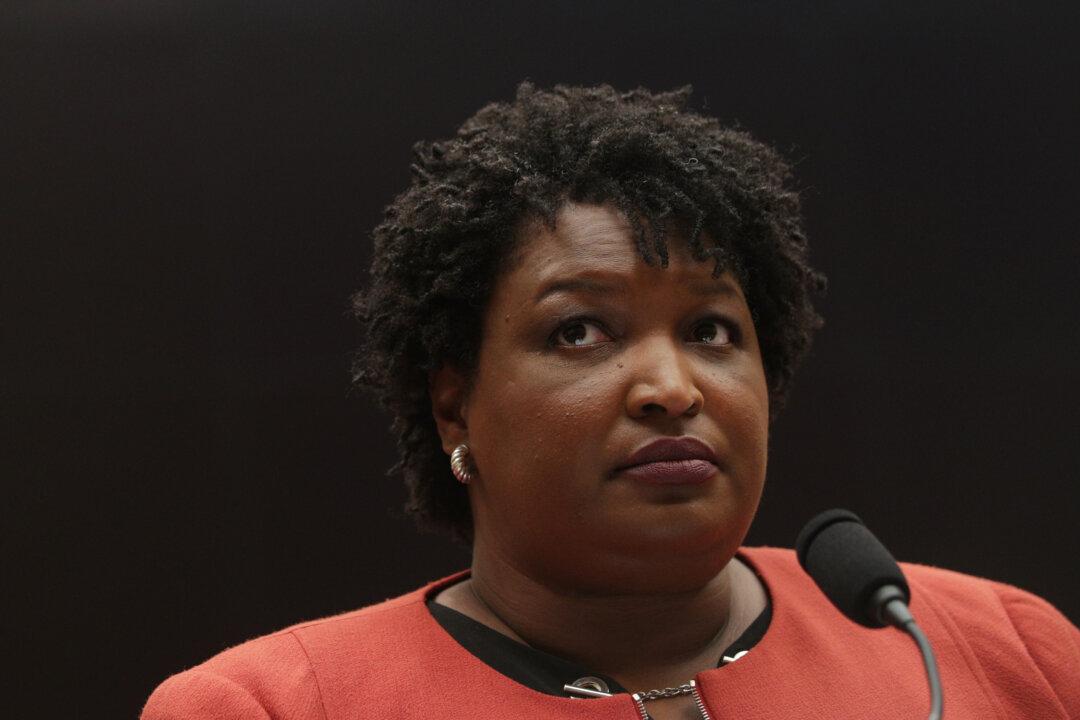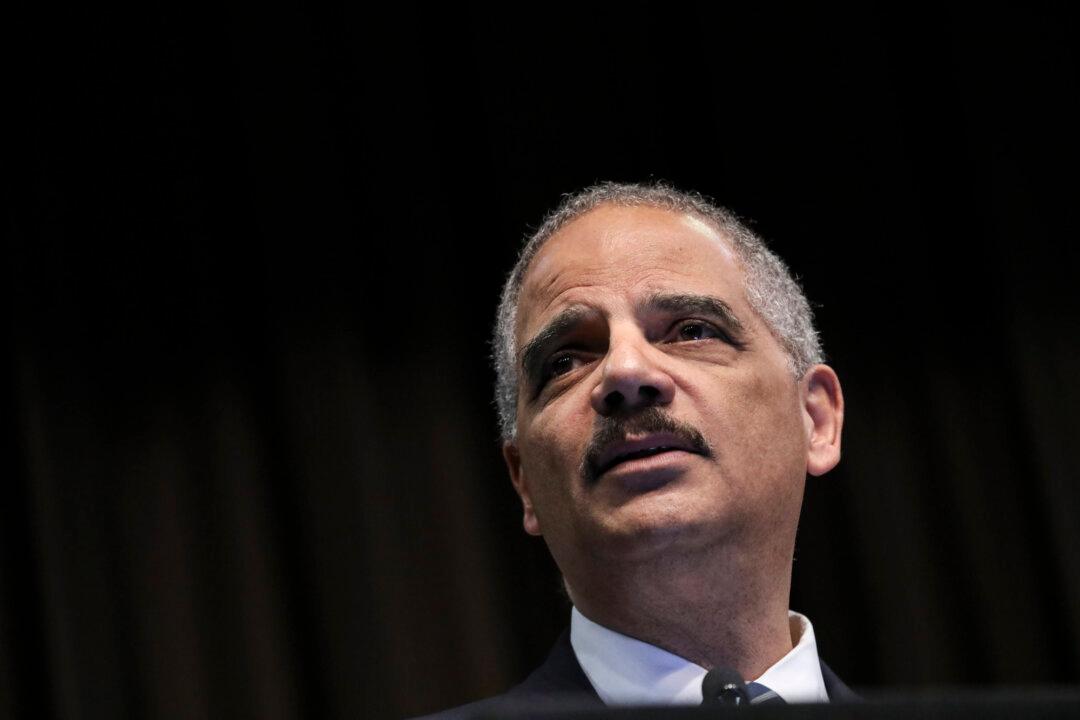House Democrats passed a massive elections overhaul and campaign finance bill on March 8 that proponents said would greatly increase voting rights and crack down on the influence of money in the U.S. political system.
The nearly 700-page proposal, known as the “For the People Act,” or H.R.1, passed on a straight party line vote, 234–193, and was heralded by House Speaker Nancy Pelosi (D-Calif.) as “a historic reform package to restore the promise of our nation’s democracy.”
